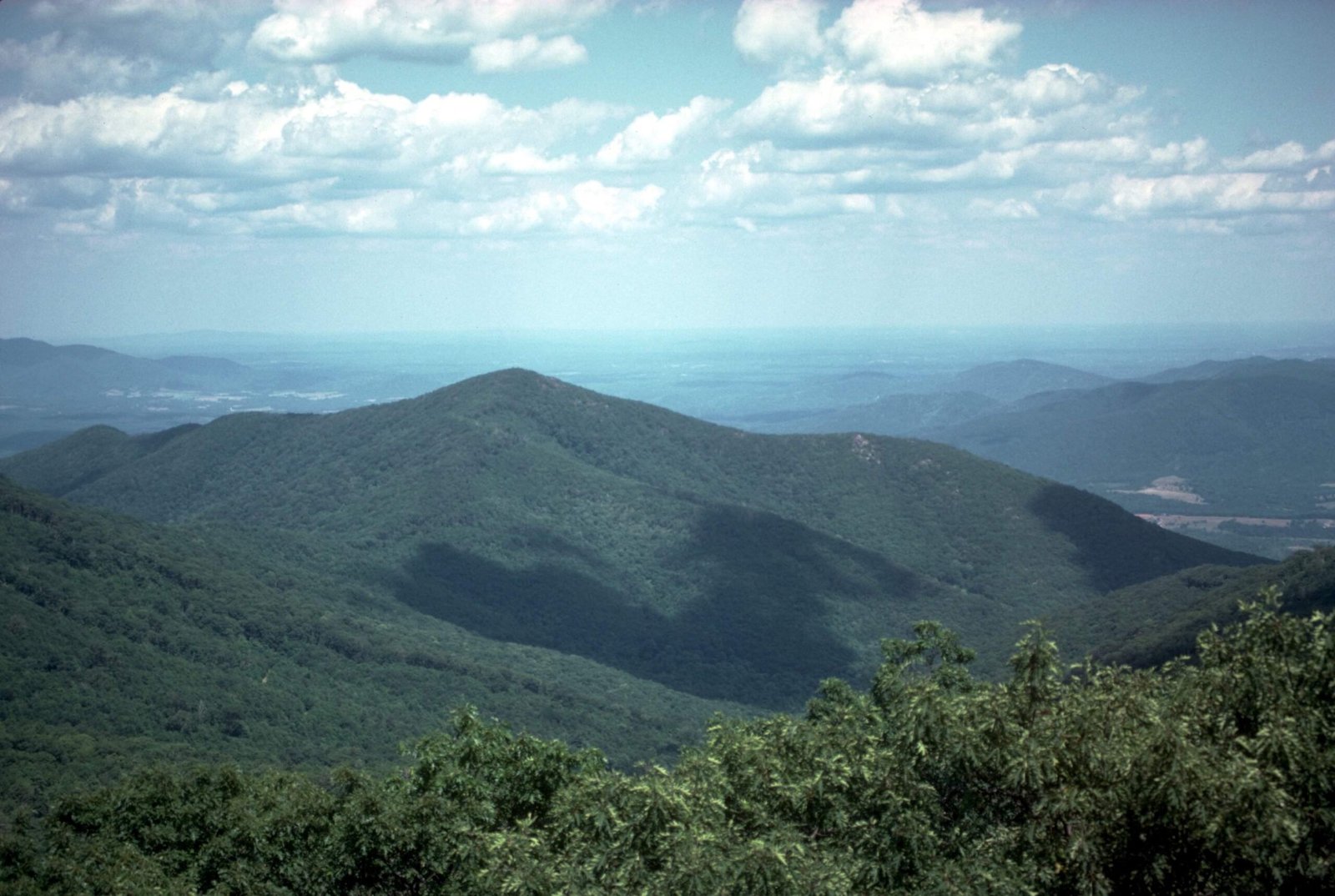The Appalachian Mountains host an extraordinary collection of state parks that showcase the region’s diverse ecological landscapes, offering visitors unparalleled opportunities for outdoor exploration, wildlife observation, and recreational activities. From New York’s dramatic river gorges to Virginia’s rolling highlands and West Virginia’s pristine wilderness, these parks represent a treasure trove of natural beauty, historical significance, and environmental conservation.\n\n## What Makes Appalachian State Parks Unique?\n\nState parks in the Appalachian Mountains distinguish themselves through several remarkable characteristics:\n\n- Diverse Terrain: Ranging from steep mountain slopes to gentle river valleys\n- Rich Biodiversity: Home to numerous endemic plant and animal species\n- Historical Significance: Many parks preserve important cultural and geological heritage\n- Recreational Opportunities: Extensive trail systems, camping facilities, and outdoor activities\n\n## Where Can You Find the Best State Parks?\n\n### Top Appalachian State Parks by State\n\n| State | Notable Park | Key Features |\n|——-|————–|—————|\n| New York | Letchworth State Park | Dramatic river gorges, multiple waterfalls |\n| Virginia | Sky Meadows State Park | Appalachian Trail access, pastoral landscapes |\n| Virginia | Hungry Mother State Park | Scenic lake, diverse recreational activities |\n| West Virginia | Lost River State Park | Mountain views, historic cabin lodging |\n\n## What Recreational Activities Are Available?\n\nThe state parks in the Appalachian Mountains offer an extensive range of activities catering to different interests and skill levels:\n\n1. Hiking Opportunities\n – Extensive trail networks\n – Difficulty levels from beginner to advanced\n – Scenic mountain and river views\n\n2. Camping Experiences\n – Tent and RV sites\n – Primitive and developed campgrounds\n – Cabin rentals with modern amenities\n\n3. Wildlife Observation\n – Diverse ecosystems\n – Opportunities to spot native species\n – Guided nature programs\n\n## How to Plan Your Appalachian State Park Adventure?\n\nPlanning a visit to Appalachian state parks requires careful consideration of several factors:\n\n- Seasonal Variations: Check park conditions and accessibility\n- Reservation Requirements: Book campsites and facilities in advance\n- Equipment Preparation: Bring appropriate gear for hiking and outdoor activities\n- Park-Specific Regulations: Understand individual park rules and conservation guidelines\n\n## What Wildlife Can You Expect?\n\nThe Appalachian state parks host an incredible variety of wildlife, including:\n\n- White-tailed deer\n- Black bears\n- Various bird species\n- Small mammals\n- Diverse plant life\n\n## Conservation and Environmental Education\n\nMany Appalachian state parks serve critical roles in environmental conservation and public education, offering:\n\n- Interpretive centers\n- Nature programs\n- Ecological research opportunities\n- Habitat preservation initiatives\n\n## Additional Considerations for Visitors\n\n- Check individual park websites for current conditions\n- Obtain necessary permits\n- Follow Leave No Trace principles\n- Respect wildlife and natural environments\n\n### References:\n- National Park Service\n- Appalachian Trail Conservancy\n- State Park Official Websites

